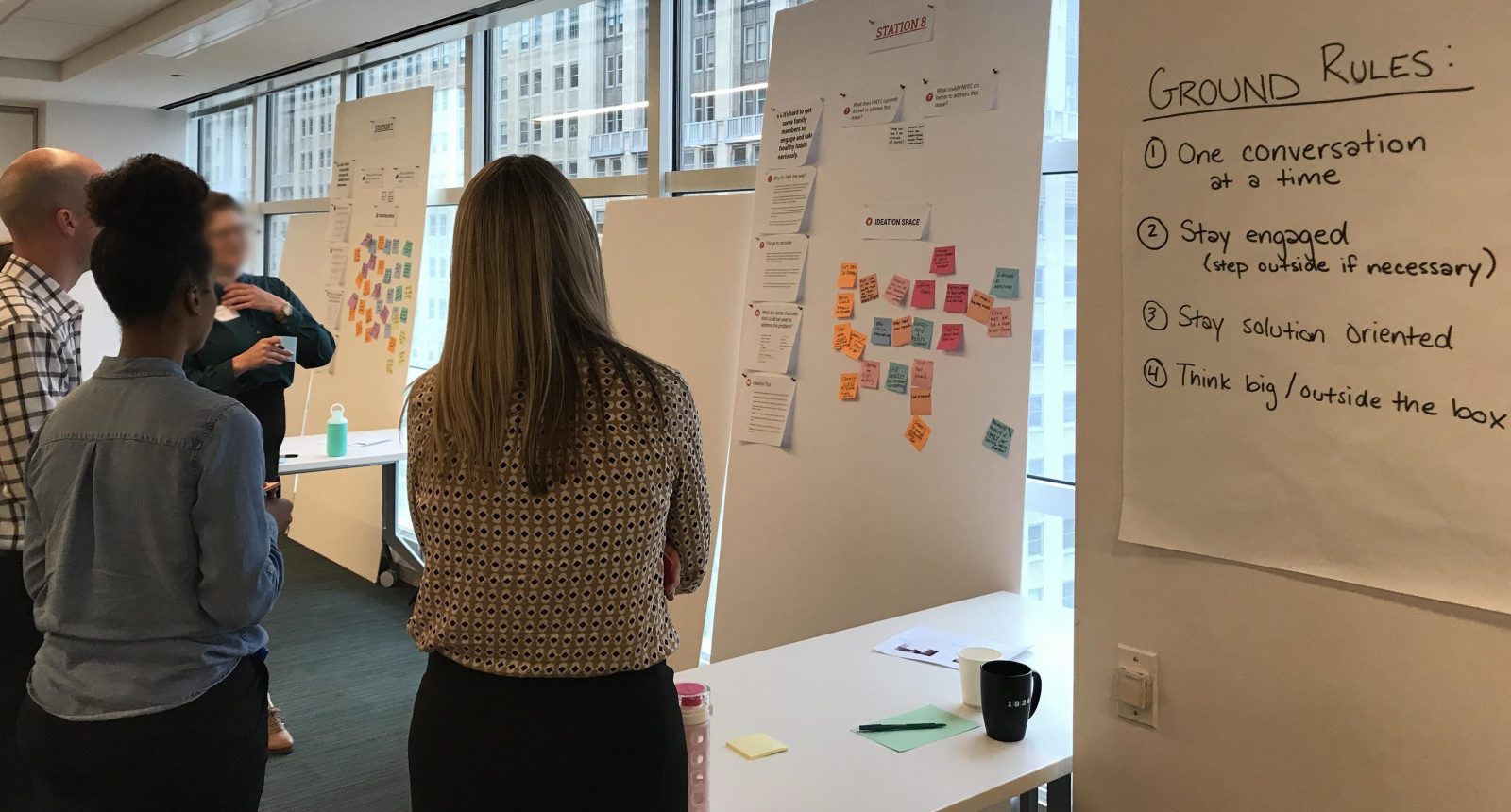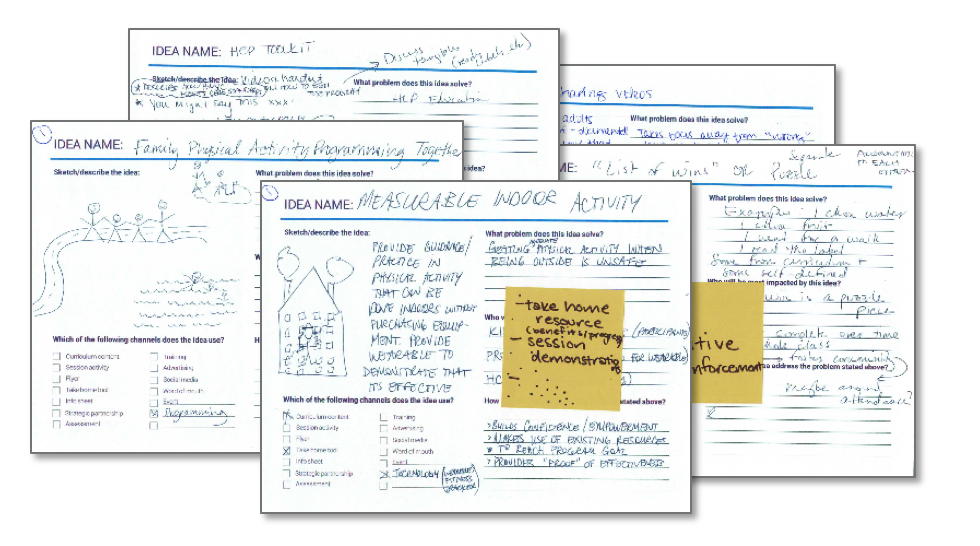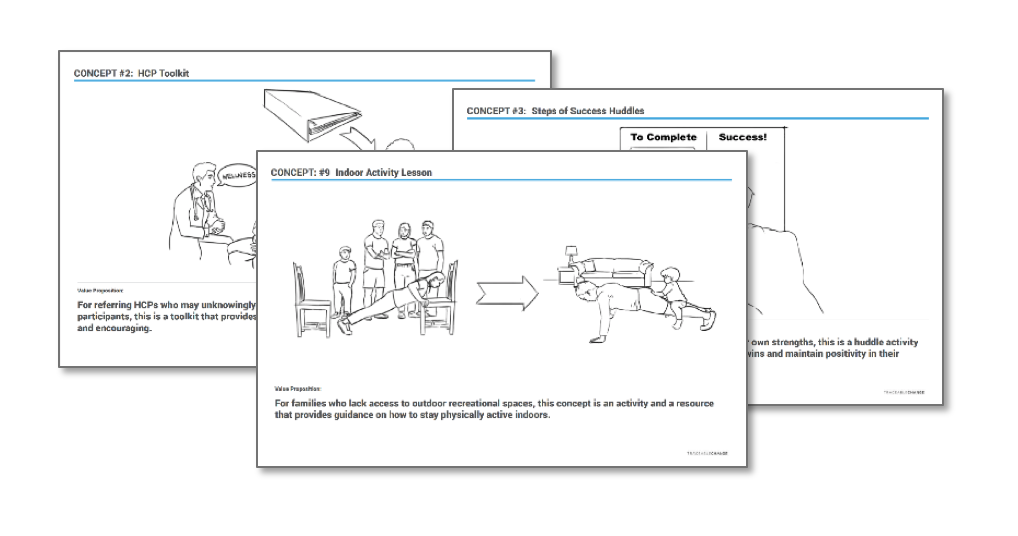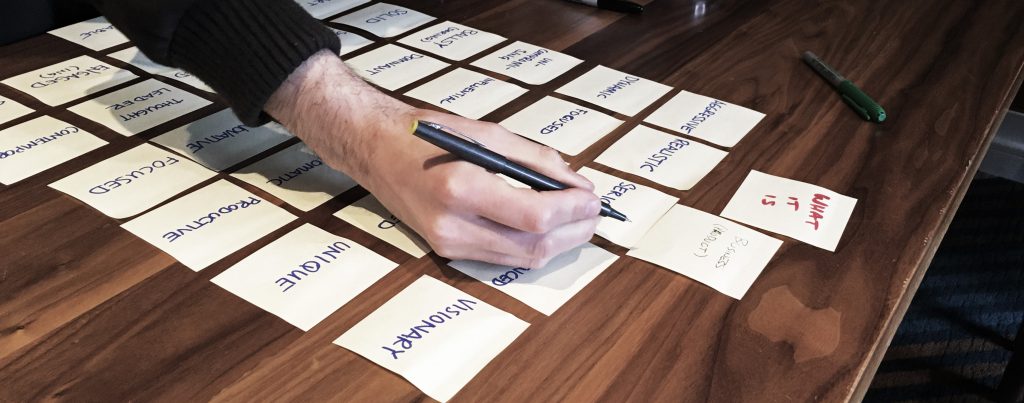Creating family wellness programming for underprivileged families
CLIENT Major non-profit organization in the US
GOAL Understand why low-income families are attending health and wellness programming at such low rates, and create solutions to better engage and retain these families.
The Approach
Immersive Research
Contextual Inquiry
The TC team conducted in-home interviews with low-income families across Chicago to gather a contextual understanding of struggles and roadblocks to family wellness. By talking with these families in their homes and struggling neighborhoods, they were better able to explain their obstacles to family wellness, and what that look like for them on a day to day.
Past Member Interviews
In addition to gaining broad insights on why it can be difficult for low income families to manage involvement in the programs, we also wanted to understand the reasons why a family might leave the program.
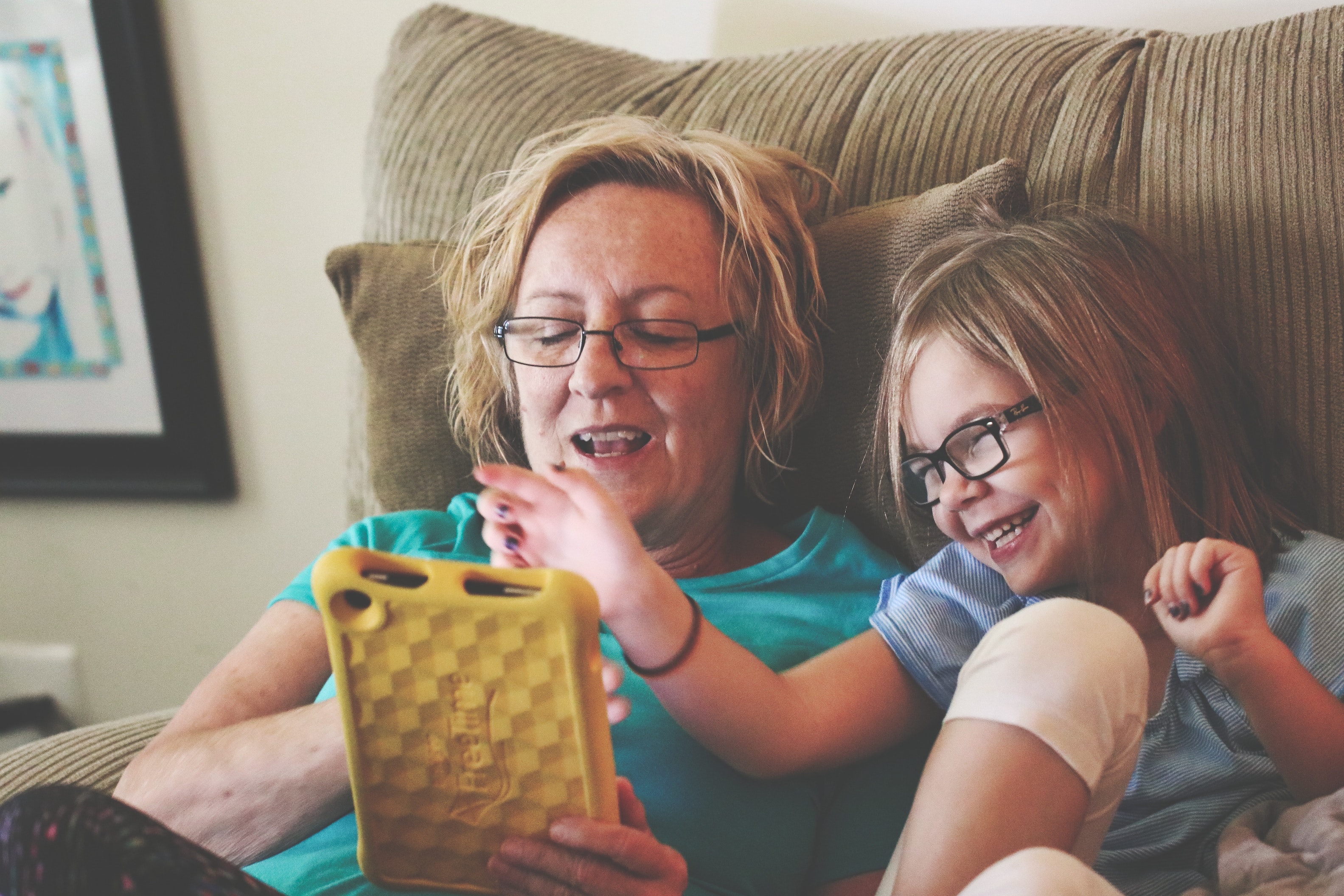
Low-income families experience a complex system of obstacles, from limited access to fresh food to transportation obstacles to job-related time constraints, all of which made program participation extremely difficult, and often impossible.
How do we facilitate wellness behaviors that fit into a world with these unique obstacles?
Transforming Insights into Action Plans
We teamed up with internal stakeholders and subject matter experts to host a multi-day insights immersion and program concept ideation workshop. Activities involved small group ideation around key emotional research themes, practical solution ideation, and creating full concepts for low-income focused programming.
